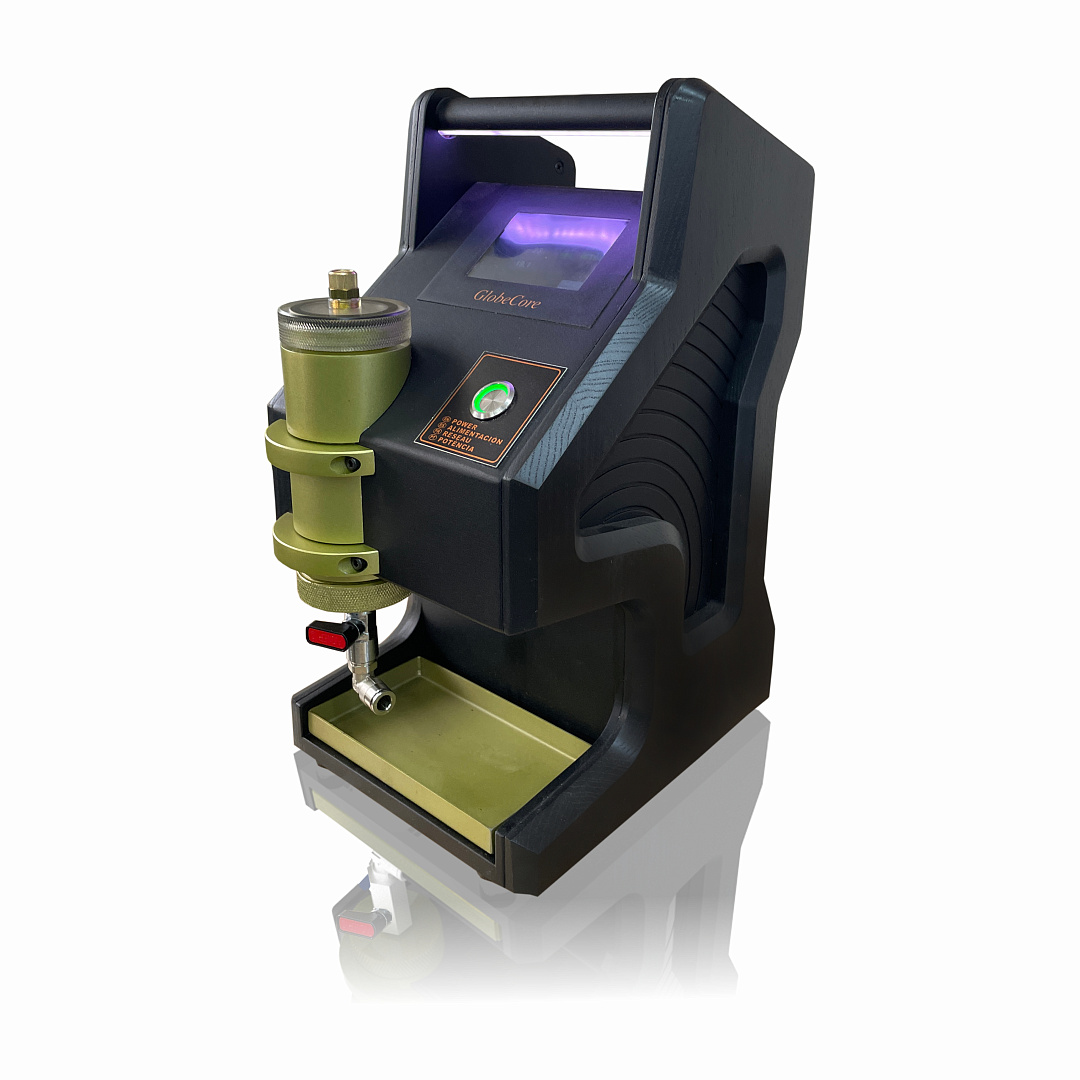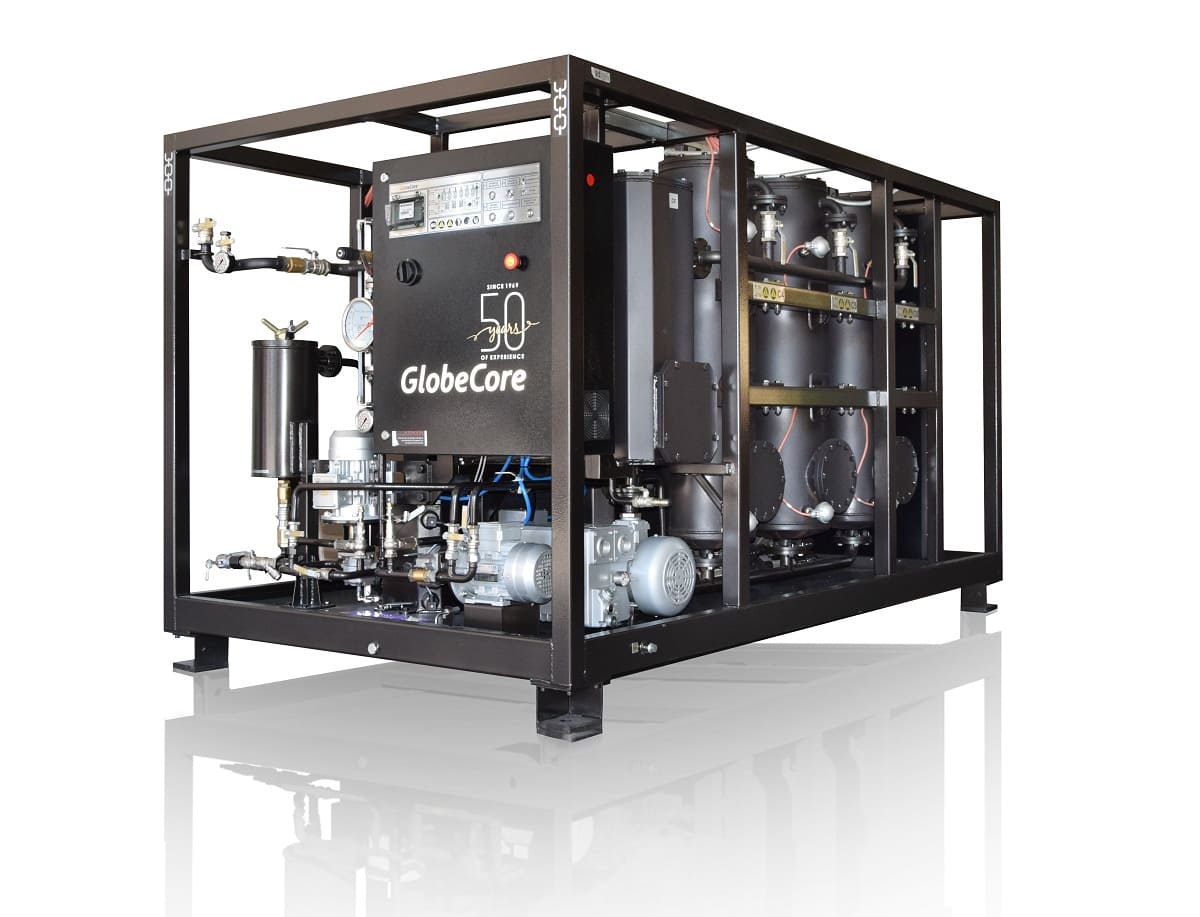In reality, diesel fuel almost always contains water and other impurities. Since regular filters cannot capture water, and separator filters don’t always work as advertised, water contamination remains the biggest concern.
The lifetime of a fuel system in a vehicle depends on the quality of the diesel fuel (mostly its purity). When the tank is filled up, there almost always some dirt and water. If the quality of the fuel is average, there may also be heavy hydrocarbons, which cause fuel filters to clog. A clogged filter is not the end of the world, after all, that’s what it is made for. The problem is that the lifetime of such a filter decreases in proportion to the amount of impurities in fuel.
Water can cause corrosion and rust in the fuel system. It may freeze in winter in hard to reach parts of the pipelines, so the engine starts running rough or stops entirely. It should also be noted that water can be the source of microbes which thrive on diesel fuel. In the warm seasons such microbes multiply intensively, also causing filter clogging.
Water also has an influence on fuel supply equipment. If injection pressure is high, it cases cavitation, eroding metal. The result is premature wear of calibrated nozzles, reducing mileage and other engine performance characteristics.
There are two types of water contamination in diesel fuel: free and emulsified. There is almost always some free water in the fuel tank. It comes from filling the tank or due to condensation during temperature variations. If the temperature variations between the inside and outside of the tank are severe enough, water condenses, and some droplets of water settle at the bottom, while some remain in emulsified state. Emulsified water can remain in the fuel for quite a long time.
Droplets larger than 260 micron settle to the bottom practically instantly. Smaller, 180-260 micron droplets also settle, although taking more time to do so. The smallest range of 5 to 180 micron droplets remain emulsified.
When fuel is pumped from the tank by the fuel pump, settled water follows. It is mixed with fuel, and some of it is again emulsified. Therefore, water is always there, causing serious damage to the engine and the fuel system.
GlobeCore offers equipment to separate, purify and clarify diesel fuel. Beside diesel, the UVR-450/16 unit restores gasoline, kerosene, heating oil, transformer, turbine, industrial and other types of oil.
The content of water and solid impurities in the fuel after processing are below the standard limits. This means that the fuel system and the engine will serve well for many more years.



